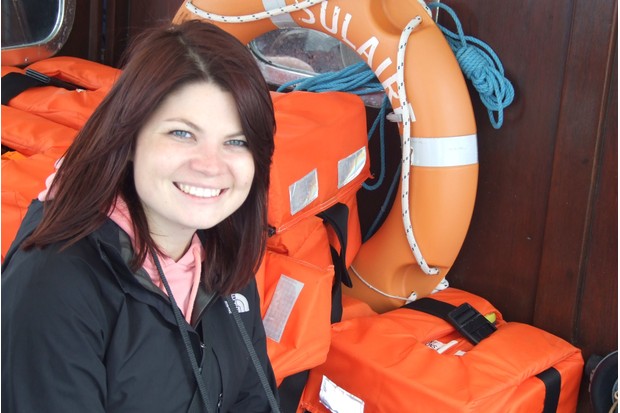According to findings from a Wildfowl & Wetlands Trust (WWT) study poorer children are less interested in being outdoors in nature than better-off children, but the difference can be turned on its head after just one day spent learning outside.
The wetland conservation organisation’s study is investigating the long-term impact of a school visit to one of its centres.
The research focuses on pupils’ attitudes and values around nature and wildlife.
“In reality many children don’t get to be outdoors in a natural environment in any regular or meaningful way. And that’s even more common among kids from deprived areas who, as a result, may be less enthusiastic about wildlife and nature,” says WWT’s learning project manager Lucy Hellier.
Groups of children from different schools were tracked from the day before their first visit and for a further year or more using focus groups and surveys.
The responses of pupils from schools in poorer areas – where a high proportion claim free school meals – were generally far less positive about nature and wildlife than their peers before the visit.
But when researchers followed up in the weeks afterwards, they found this group had developed a greater interest and positive attitude, including wanting to do things to help wildlife.
Other early results from the study indicate that pupils learn new things about wildlife and nature and that they just as interested in outdoors and nature related activities, as they are in being sedentary and indoors.
These preliminary findings come one year into the study. Over the next year more schools will join the study and final results are expected in 2017.
